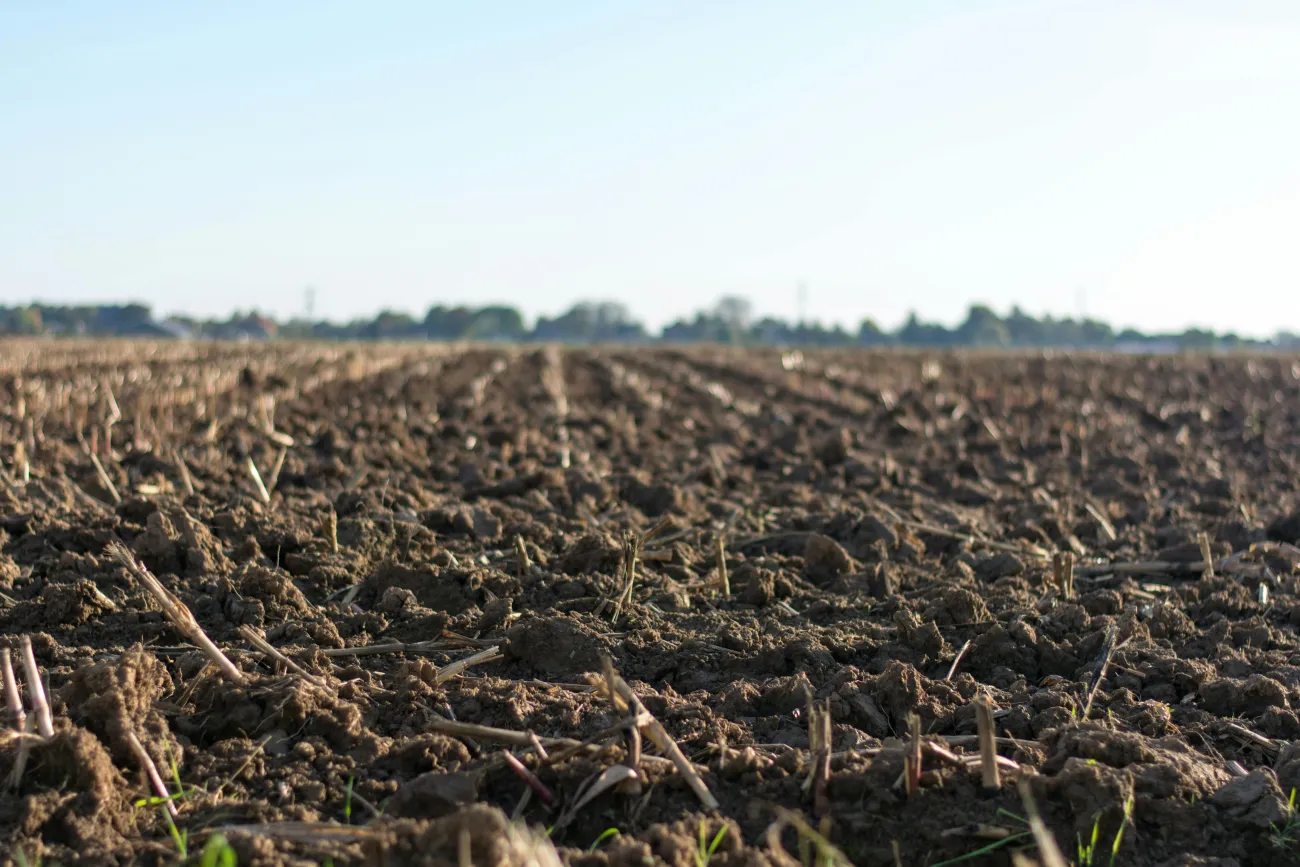Scientists from the American Meteorological Society (AMS) and University of California, Berkeley have demonstrated that plants and soils could release large amounts of carbon dioxide as global climate warms. This finding contrasts with the expectation that plants and soils will absorb carbon dioxide and is important because that additional carbon release from land surface could be a potent positive feedback that exacerbates climate warming.
Scientists from the American Meteorological Society (AMS) and University of California, Berkeley have demonstrated that plants and soils could release large amounts of carbon dioxide as global climate warms. This finding contrasts with the expectation that plants and soils will absorb carbon dioxide and is important because that additional carbon release from land surface could be a potent positive feedback that exacerbates climate warming.
Abstract
Projections of greenhouse gas concentrations over the twenty-first century generally rely on two optimistic, but questionable, assumptions about the carbon cycle: 1) that elevated atmospheric CO2 concentrations will enhance terrestrial carbon storage and 2) that plant migration will be fast relative to climate changes. This paper demonstrates that carbon cycle uncertainty is considerably larger than currently recognized and that plausible carbon cycle responses could strongly amplify climate warming. This has important implications for societal decisions that relate to climate change risk management because it implies that a given level of human emissions could result in much larger climate changes than we now realize or that stabilizing atmospheric greenhouse gas concentrations at a “safe” level could require lower human emissions than currently understood. These results also suggest that terrestrial carbon cycle responses could be sufficiently strong to account for the changes in atmospheric carbon dioxide that occurred during transitions between ice age and interglacial periods.
Citation as follows:
Higgins, Paul A. T., John Harte, 2012: Carbon Cycle Uncertainty Increases Climate Change Risks and Mitigation Challenges. J. Climate, 25, 7660–7668. doi: http://dx.doi.org/10.1175/JCLI-D-12-00089.1
To access this article, click here.




Comments (0)